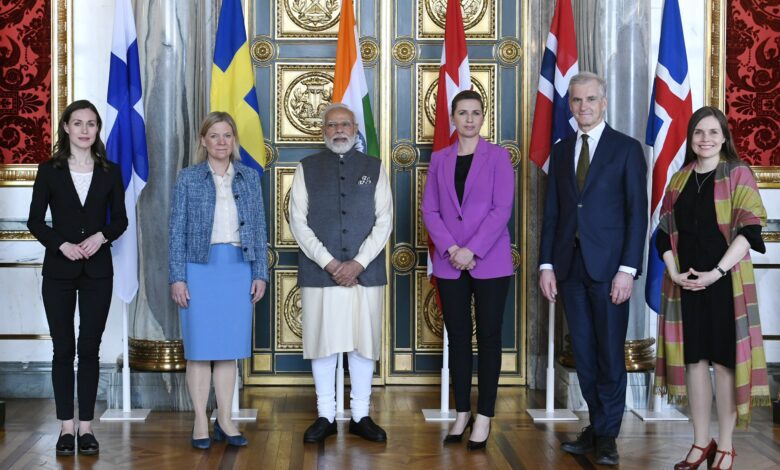France along with Nordic nations supports India’s bid for permanent UNSC membership
France also backed India’s push to gain entry into the Nuclear Suppliers Group.

India has been one of the torch bearers who have spoken for the long-standing reforms due in the United Nations Security Council (UNSC), stating that it surely deserves a position at the highest level of UN as a permanent member.
During the recent visit of Prime Minister Narendra Modi to meet the newly re-elected French President Emmanuel Macron, the latter has reiterated his support for India’s bid for permanent membership in the UNSC. Macron also expressed his desire for India’s entry into the elite cluster of Nuclear Suppliers Group (NSG).
Five Nordic countries comprising of Norway, Finland, Denmark, Iceland and Sweden have also affirmed their support to India’s permanent seat at UNSC. During PM Modi’s visit to the above nations recently, the heads of all the nations together emphasized on their commitment to making these institutions such as the UNSC more inclusive, transparent and accountable with the aim of addressing global challenges more effectively.
The Ministry of External Affairs in a statement said, “There were talks about the reform of the World Trade Organisation, as well as strengthening collaboration on global health issues, including pandemic preparedness and response.”
India has been waiting for a permanent seat for decades and rightly so. However, Beijing has been the biggest obstacle in the current times to New Delhi’s progression opposing India’s bid time and again based on multiple grounds. The involvement of France and other Nordic nations in India’s support is bound to cause trembles on Chinese grounds with India’s hopes stronger than ever.
Currently, the UNSC is made up of five permanent members which are Russia, United States of America, United Kingdom, France and China in addition to ten non-permanent members which are elected for a two-year term by the General Assembly of the UN. The five permanent members have an exclusive power to veto any substantial resolution based on their preferences which have proved to be unfair in many a case.



